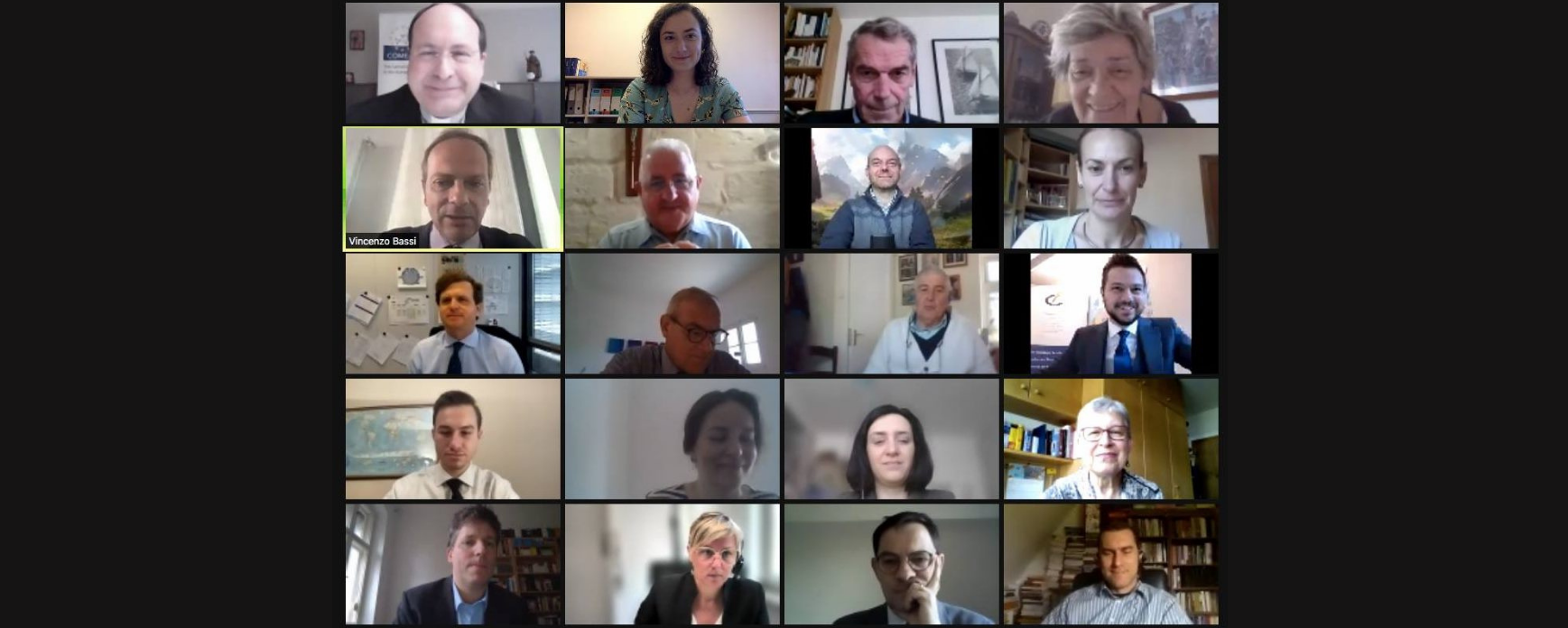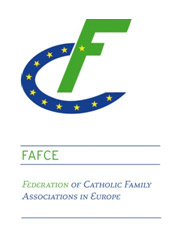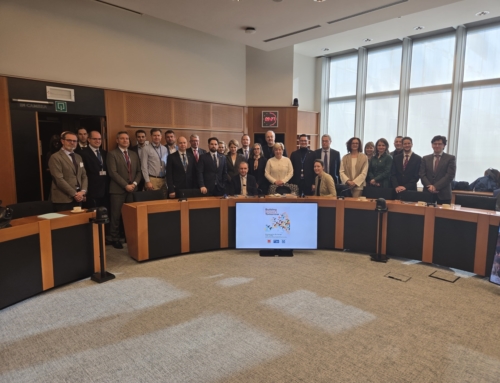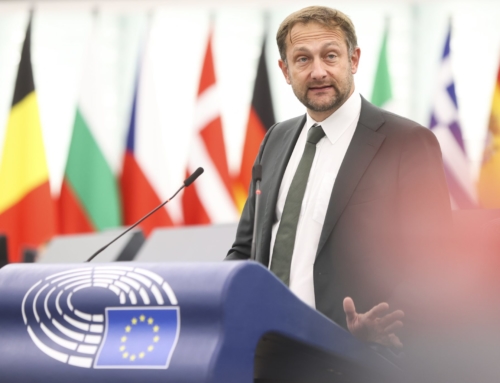27 May 2021
FAFCE Board Resolution on the Conference on the Future of Europe
The Family is the Democratic and Demographic Future of Europe
27 May 2021
As a consequence of the launch of the Conference on the Future of Europe on the 9th of May 2021 in Strasbourg;
Recalling the current demographic winter in Europe, as stressed by the 2018 FAFCE Board Resolution on The Demographic Winter in Europe, and echoed recently by Pope Francis’ words on the occasion of the General States of Natality in Rome, on the 14th of May 2021, stating that “If families are not at the centre of the present, there will be no future; but if families start again, everything will start again”;
Stressing the complementarity between democracy and demography and their profound connection to the family;
Stressing the role of families and family associations as protagonists of public life;
FAFCE recalls the crucial role of families in the democratic and demographic future of Europe:
1. The family is the first community of persons and the first network of social engagement. All intermediate bodies start as communities of families. Both the market and the state exist at the service of the community.
2. Democratic principles derive from the Christian experience of human dignity and are transmitted by generations of families; these principles are the result of the sense of responsibility lived out in the family, wherein arise reciprocal respect between man and woman, esteem for the essential role of the elderly, focus on the common good, and generosity. In the family, children grow up to become responsible and engaged citizens, able to care for the weakest and poorest of their communities.
3. Even in the light of the pandemic, the role of the family is also to transmit democratic principles and to share them within their communities, through networks of families and family associations, transcending not only society, but also countries, as demonstrated by the existence of FAFCE.
4. Grandparents and parents play a key role in transmitting knowledge and cultural memory, affirmed by their experience of charity, peace, justice and solidarity.
5. An authentic democracy is not merely the result of a set of rules or an exportable model; rather, it is the virtue of affirming and giving testimony to the dignity of every human person and commitment to the common good.
6. Democracy is impossible without families and their generative contribution to the future of their communities. Families thus should be recognised for their role as agents of democracy, hubs of social action, and protagonists of demographic and family policies. Therefore, the State and public institutions, adopting a bottom-up approach, should favour freedom and the democratic example carried out by families, respecting the principle of subsidiarity.
7. Generational sustainability constitutes a necessary condition for democracy in Europe: without new generations to uphold democracy, there is no future for Europe or its democratic culture.
Europe faces new challenges that require solidarity. Intergenerational solidarity and solidarity between families are the first examples from which political stakeholders can learn. FAFCE calls on EU and national stakeholders to recognise the role of families and to invest in them, in order to equip them to be engines of participatory democracy and guarantors of pluralism.









